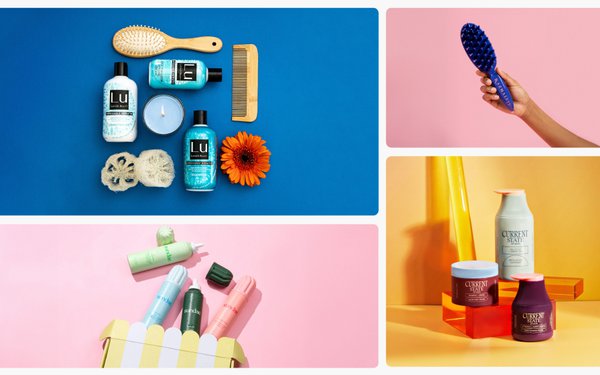
Image: Walmart's expanding
private-label beauty products.
Private brands continue gaining ground with consumers, not just as budget-friendly stand-ins, but as preferred picks. A new survey from FMI, the food
industry association, finds that shoppers can easily name their favorite store brands—and plan to buy more of them.
Ninety percent of respondents said
they had private-label goods at home, with Walmart, Kroger, Publix, Equate, Aldi, Target, Costco, Meijer and Amazon leading the list. Nearly half said they intend to buy more of those store brands,
compared to just 35% who say that about manufacturer brands.
Shoppers also singled out categories like store-baked bread, croissants, packaged salad mixes,
and cream cheese as top-performing private-label items. Many showed strong awareness of individual product lines, including favorites like Good & Gather peanut butter and Signature Select pasta.
They also demonstrated knowledge of retailers’ tiered offerings—standard, low-price, premium and better-for-you options.
advertisement
advertisement
“This research
shows how far private-label grocery brands have come,” writes Tom Cosgrove, director of industry relations at FMI, in a blog post explaining the research. “They’ve moved beyond the
stereotypes of generics and copies to become brands in their own right.”
Millennials are the most likely group to say they’ve increased their
private-brand purchases (70% vs. 56% overall) and are more likely to let store brands influence where they shop.
A second study from First Insight highlights
the tension between perception and reality. While 71% of consumers say they can recognize a private-label product when shopping, 72% failed to do so when shown unlabeled product images.
The research also spotlights the power of the dupe: 47% say they’ve tried a private-label product specifically because it mimicked a name-brand favorite. Among
higher-income shoppers (earning $150,000 or more), that jumps to 70%.
And with 77% saying they don’t care how store brands are perceived, the
private-label stigma seems all but gone.